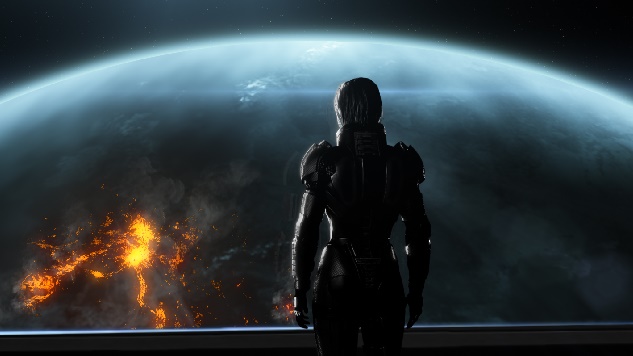Science fiction works best when it uses fantastic worlds to comment on our real one. Paul Verhoeven’s dystopic run of films in the 1980s were a reaction to the rise of neoliberalism and corporate recklessness. Star Trek used its diverse cast to battle the hegemony of the 1960s TV landscape. Black Mirror uses its Twilight Zone-inspired formula to explore the dangers of over-reliance on technology.
The fears and concerns of the present day are as pressing as any other period in human history, past or future. As Americans, we see our country embroiled in dozens of different conflicts with ambiguous enemies and no clear signs of exit. We are long past the point of returning our climate to normal levels and are rapidly approaching environmental catastrophe. The extreme right, cohered around fear and distrust of others, is on a worldwide winning streak.
Now, more than ever, we need stories that address the fractured nature of our society. The Mass Effect games do just that. In light of the upcoming Mass Effect: Andromeda—and considering its increased focus on colonization—it’s helpful to examine what made the original three games successful in this regard. The Mass Effect trilogy, through its story, presents an argument for empathy, social responsibility and the necessity of working together to survive. The film Arrivalmakes the same argument in strikingly similar ways. These are stories that de-emphasize the importance of humanity and the individual in a genre traditionally dominated by both. …continue reading on Paste

